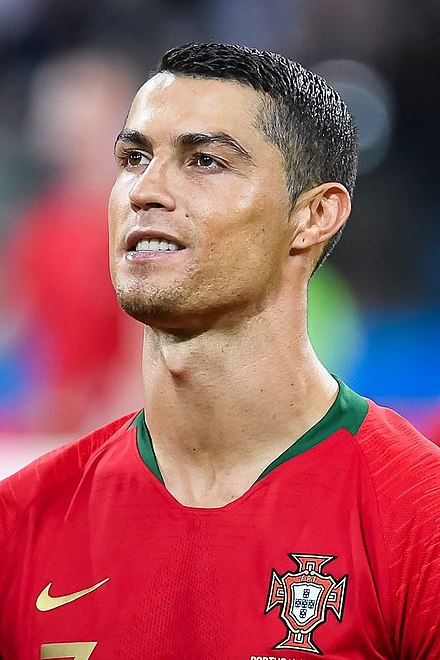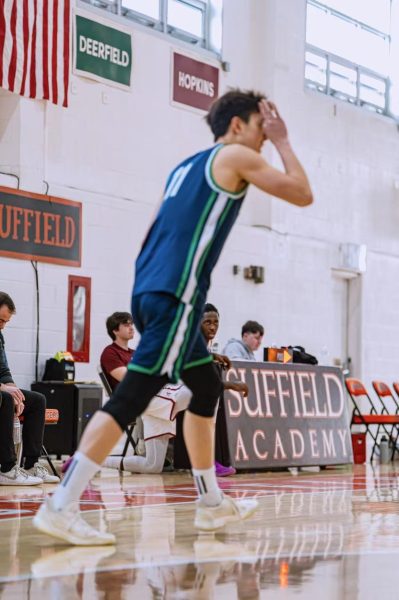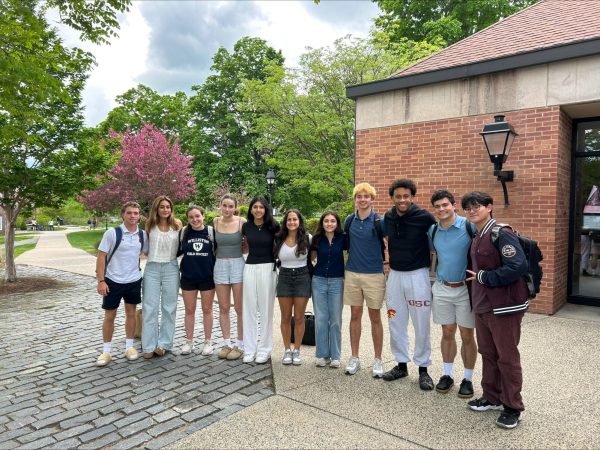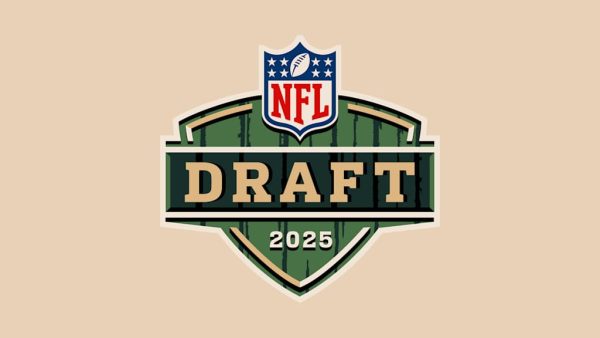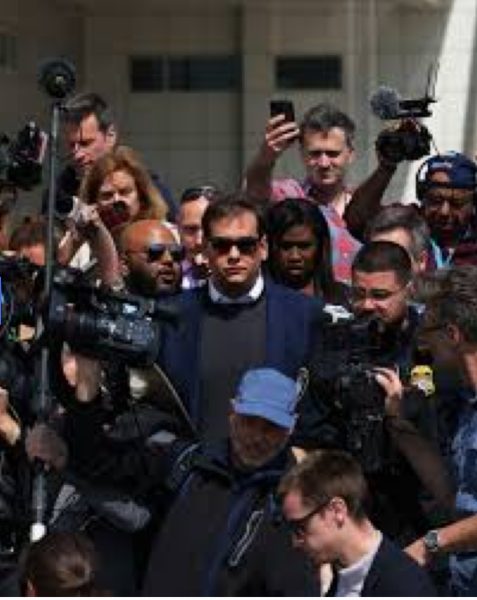The Insanity of Sports Contracts
A recent contract signed by Cristiano Ronaldo, a 38 year old soccer player from Portugal, has turned heads and made some fans wonder why some players are being paid this much money.
Ronaldo signed for Al Nassr, a club in the Saudi Professional League in Saudi Arabia, worth 200 million Euros, or $212 million over two and a half years, which comes to $75 million a year, according to NBC Sports.
At 38-, Ronaldo’s career is winding down, so it makes sense to go to a lower level league, but he also is now has the most expensive contract in soccer ever. Some people are upset by the decision by Ronaldo to go to a lower level for more money when he possibly could have stayed at a top level.
Most teams pay players these extreme amounts of money because they bring in revenue by selling their jerseys and other merchandise and memorabilia, and by bringing fans to come watch them play. Some athletes make a good chunk of their money off the field with endorsements, but the security that comes with a long and expensive contract for an athlete is exactly what they want.
Russell Westbrook, an NBA athlete is the second highest paid player in the league, with a five-year, nearly $276 million contract, yet is not even a starter.
Major League Baseball, Professional Soccer, the National Football League, and the National Basketball Association stand out with the most extreme contracts. As the MLB is in their offseason and soccer in nearing the January transfer window, changes in contracts are happening rapidly.
Dylan Rovetti, a junior on the Boys Varsity Hockey team, thinks that if the player helps the team generate revenue, than the size of the contract shouldn’t matter.
“If they bring the crowd and generate the money for the team themselves then it is completely justified,” Dylan said. “If a player is doing enough for the team to bring a good amount of money in then I don’t see why it is an issue.”
Calvin Klumpp, a junior and avid New York Mets fan, believes that players want more money later in their career due to them being paid less than they deserved when they were younger.
“It is the way MLB contacts have worked for a while so I feel like it’s just a part of the free agency process now, but to me the players are being underpaid in the first half of the player’s elite years then being overpaid at the end for their worse years,” Calvin said.



